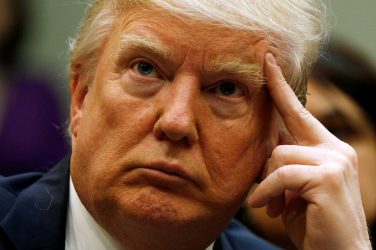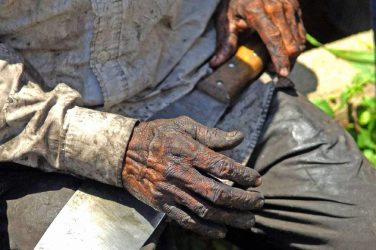With Brazil’s budget deficit calculated at reaching almost US$ 50 billion, president Michel Temer and his administration are preparing a privatization package that could net US$ 28 billion by the end of 2018.
The package, which has been elaborated by the federal government’s infrastructure team, according to Poder360, includes the privatization of airports, oil blocks, hydropower plants and other strategic, government-owned entities.
If sales reach the government’s estimations, it will collect a total of almost US$ 9 billion by the end of 2017 and US$ 19 billion by the end of 2018, according to Brasil 24/7.
However, the deals will not be easily finalized as companies that receive government grants are returning their assets to the state.
Triunfo and UTC construction companies are good examples. Unable to pay their debts, they’ve surrendered operations over Viracopos Airport in Campinas, in the state of São Paulo.
The multi-billion dollar privatization package comes amid a host of austerity measures implemented or proposed by president Temer who has a less than a 5 percent approval rating.
A regressive labor reform bill had been passed in July. It radically altered more than a hundred clauses in Brazil’s Consolidated Labor Law which was first introduced in 1943 by President Getúlio Vargas.
While Temer’s vision of new labor laws radically increases work hours while drastically decreasing worker’s rights, his proposal for pension reform would scrap the average retirement age of 54, making it mandatory that women retire at 62 and men at 65.
His administration has also approved a 20-year freeze on all public spending.
Unprotected Borders
Budget cuts imposed on the Armed Forces by Michel Temer’s administration left Brazil’s borders unprotected, warned the Brasil 24/7 publication.
As a consequence of the lack of resources, it was necessary to interrupt the implementation of the Integrated Border Monitoring System (SISFRON), assisting in the control of the illegal entry of weapons and drugs into the country, 24/7 said.
SISFRON was established in 2012 and should be completed by 2022. But it only covered 600 of the 17,000 kilometers of borders.
According to the Armed Forces, the system suffered a freeze of over a third of the budgetary resources foreseen for this year, which should be in the order of R$ 427 million (over US$ 130 million).
High-military commanders warned that the annual budget cut provided by Temer government puts Brazil Armed Forces at risk of collapsing.
According to the Armed Forces, the 40 percent decrease in resources available for this year is only enough to cover expenses until September, the source said.
teleSUR












